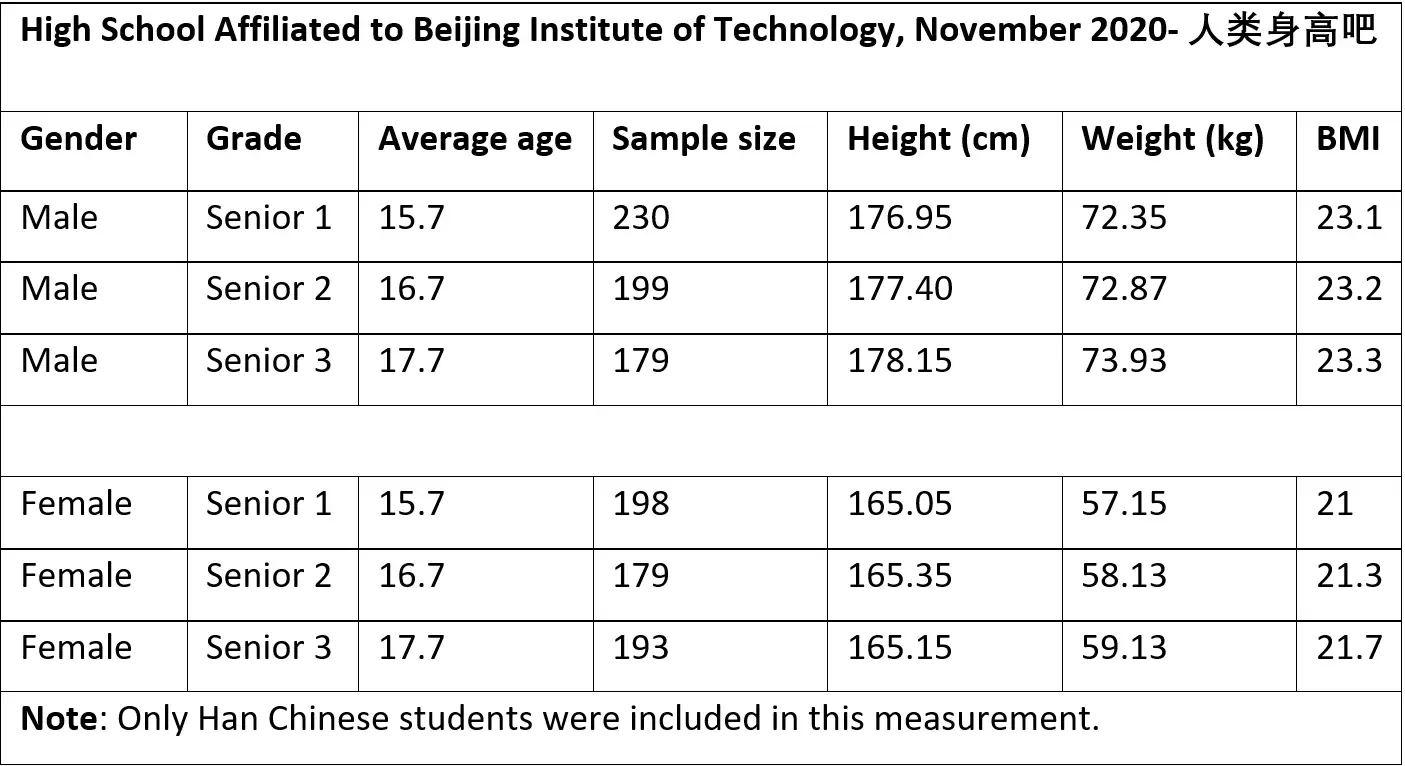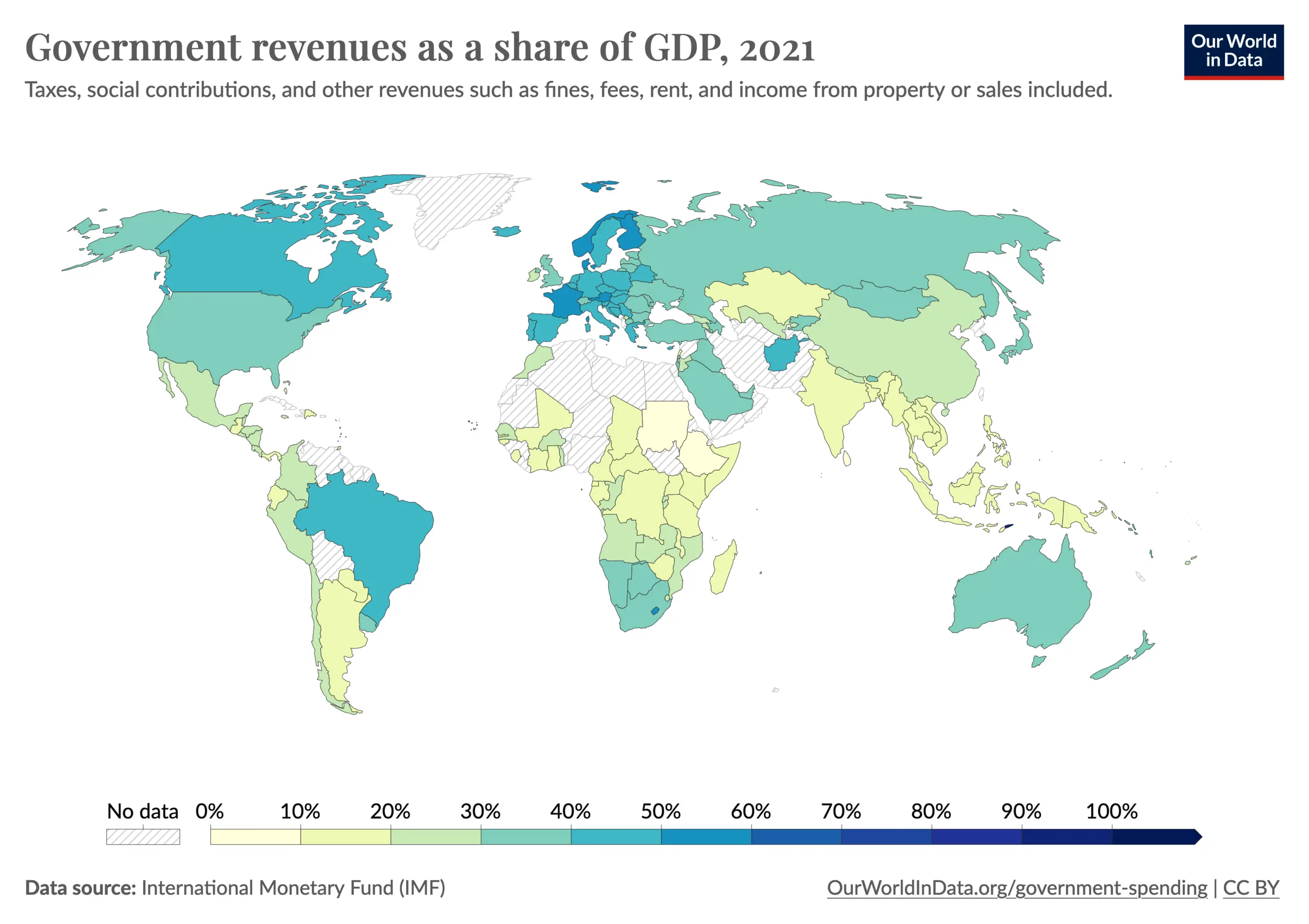

I think the impact of wealth and access to nutrition and an environment that does not stunt development plays a major role here as well. A good example of this is height in Europe post-industrial revolution and improvements in medicine:

Most notable being a 20cm increase in the Netherlands in just over 100 years as well as changes in places that industrialised quickly like China:

Not to say that geography plays no role but it’s closer to 10cm gap than a 30cm one.




Blackout curtains help a lot from my experience. I have a hard time falling asleep and staying asleep to begin with and those make a big difference with or without an offset sleep schedule.
Melatonin can also help with sleep duration/quality but its also easy to become dependent on it to fall asleep so not ideal for long term.